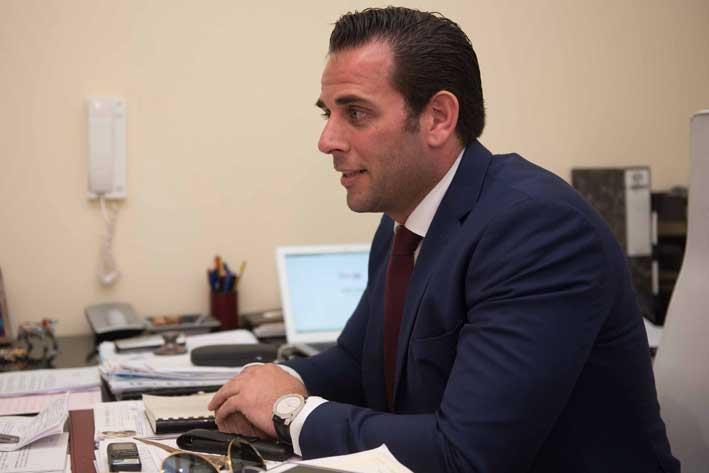Under Maltese law, one cannot sue exclusively for moral damages, i.e. pain and suffering derived from some ordeal, but Justice Minister Owen Bonnici pointed out that the law has a number of provisions for compensation to be awarded to injured parties. He said the government does not exclude updating current laws where “proven necessary”.
Maltese society got a harsh, localised reminder of how people’s true nature can get out of hand when a young lady fell victim to humiliation after an intimate video showing sexually explicit acts went viral. Some cruel individual shared the video and before anything could be done to stop the video being shared further, it had been seen and shared by thousands (viral in local terms).
In an interview with The Malta Independent, lawyer Roberto Montalto spoke about the need for laws to catch up with fast paced technology. He said that “bear in mind that in the Maltese legal system moral damages, including pain and suffering, are not considered”.
Dr Montalto (below) went on to say that:“When somebody is suing for physical damage, you cannot just sue for pain and suffering, which is automatic in jurisdictions like the UK. You can only sue for actual financial loss and loss of future earnings.

“As the situation is now, loss of future earnings can be based on a physical disability which is of a psychological nature. So if someone is psychologically affected by the act or an omission of a person, the effect of the act where he suffers from a mental illness which is permanent, that is material, there have been situations. But moral damages per se, going through the ordeal, the suffering that one goes through in instances like this, that is currently not considered in court but the legislative movement is going in that direction.”
This newsroom turned to Justice Minister Bonnici in order to ascertain how exactly this legislation is moving in the right direction, and whether there was renewed pressure following the suffering the woman in the viral video had to endure.
He said that the government is currently assessing the situation with the current provisions available for injured parties to be awarded compensation, such as a criminal offence giving rise to civil damages where there is no exclusion of moral damages at law. He did however say that the government does not exclude the possibility of updating current legislation “where it proves necessary”.
The minister’s answer in full was as follows:“The new Article 208E of the Criminal Code which was introduced by Act XXXVII of 2016 includes the criminal offence of non-consensual disclosure of private sexual photographs or films.
“Apart from the fact that a criminal offence can also give rise to a civil action for damages (where there is no exclusion of moral damages in written law) there are various articles in the Criminal Code itself which enable the Court to order the payment of compensation to an injured party.
“For example article 28H of the Code provides that in granting a suspended sentence the court may order the guilty party to pay to the injured party compensation for any loss, damages or other injury or harm caused to the injured party.
“Article 532A of the Criminal Code enables the court to order the offender to pay such damages for injury or compensation for loss as the court thinks reasonable. The same applies in virtue of article 24 of the Probation Act to cases where a probation order or a community service order is given.
“The wording of these articles of the Criminal Code and of the Probation Act do not exclude the possibility of compensation being ordered for the suffering which the injured party would have gone through as distinct from actual losses.
“In the circumstances the government feels that at this stage it is advisable to monitor the application of these existing articles while not excluding further legislative intervention to cases where it proves necessary.”